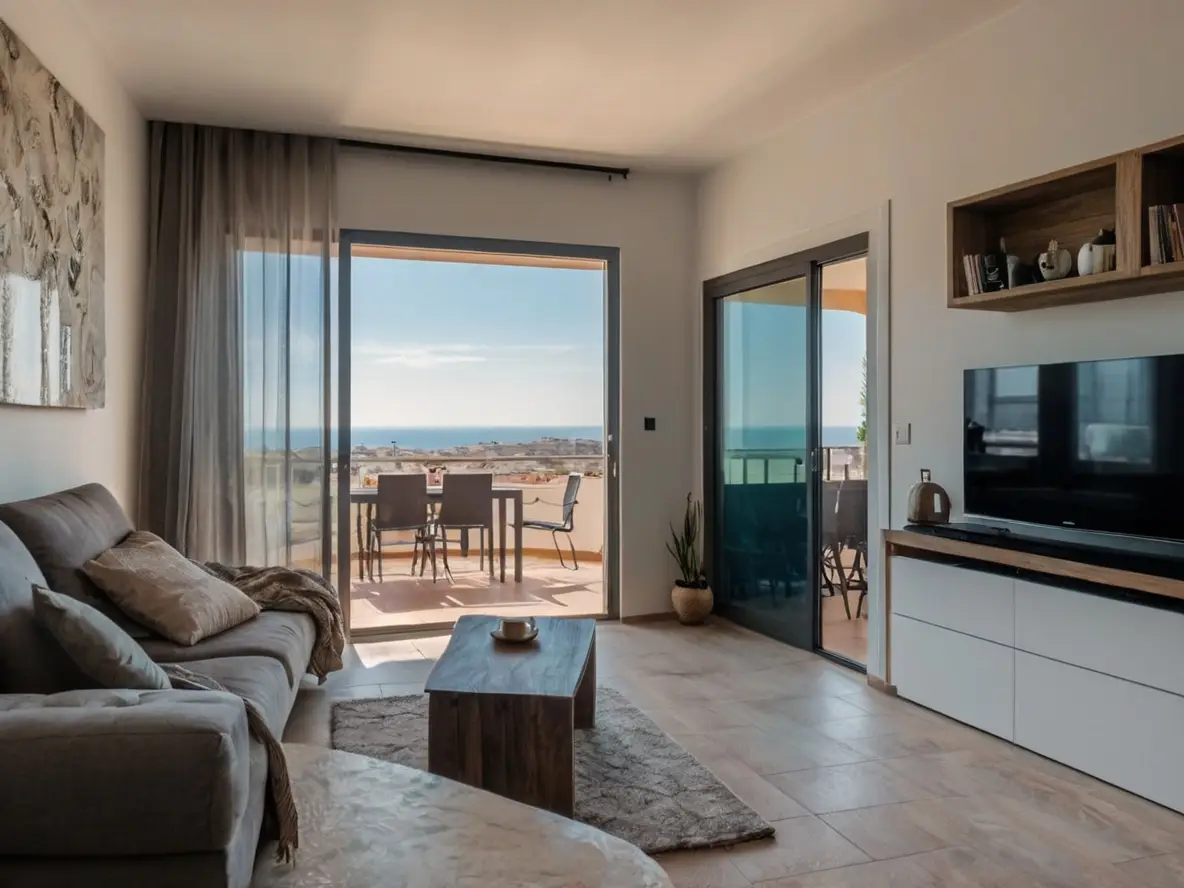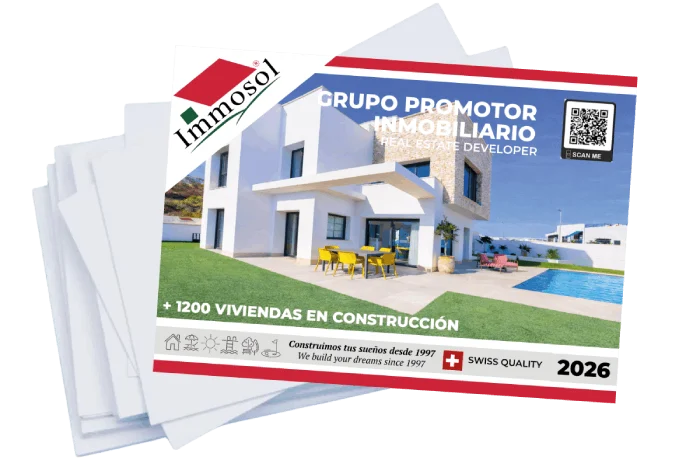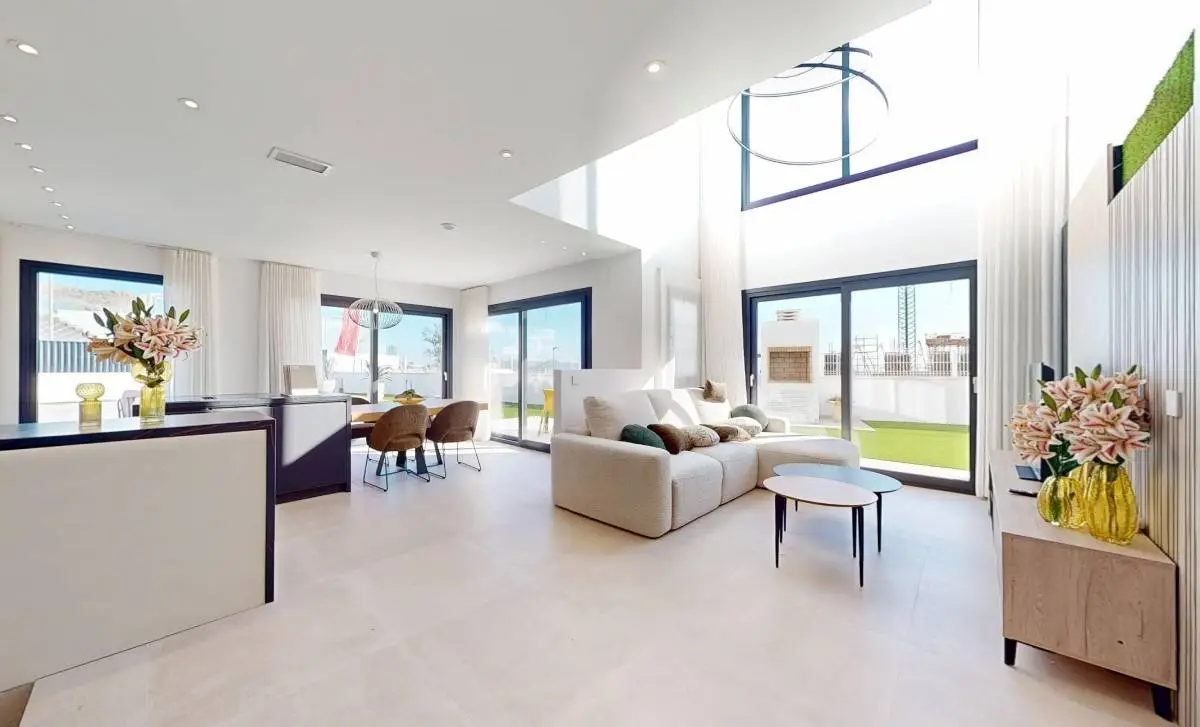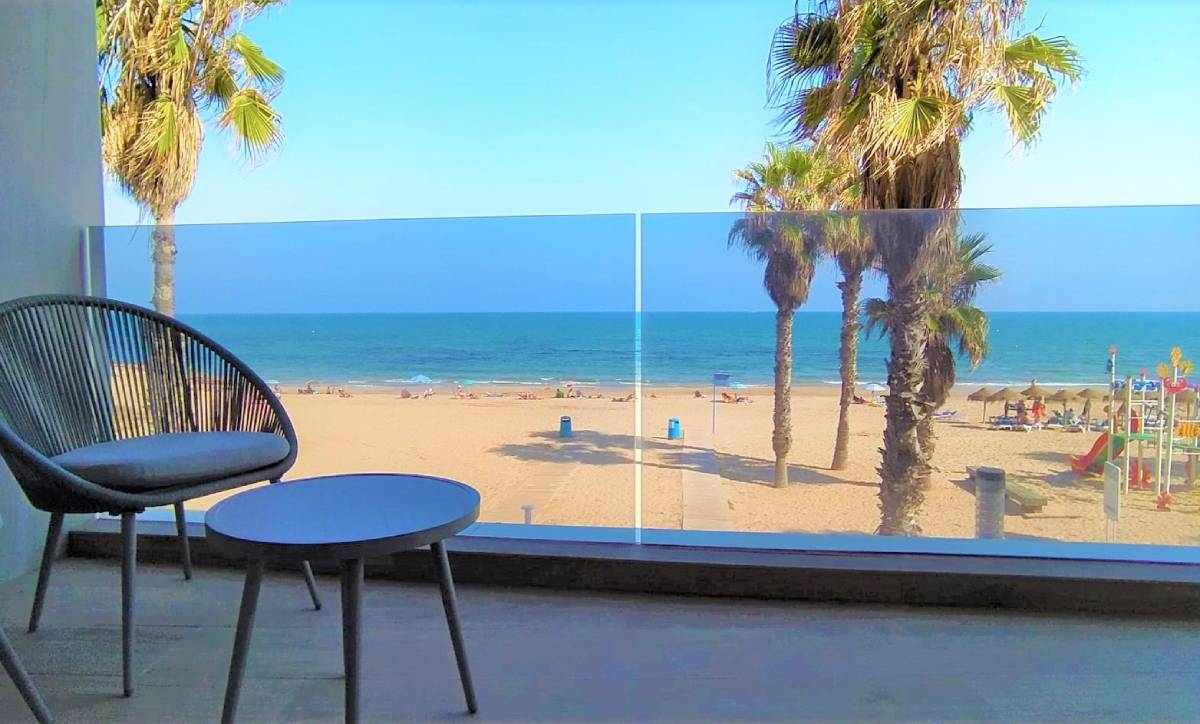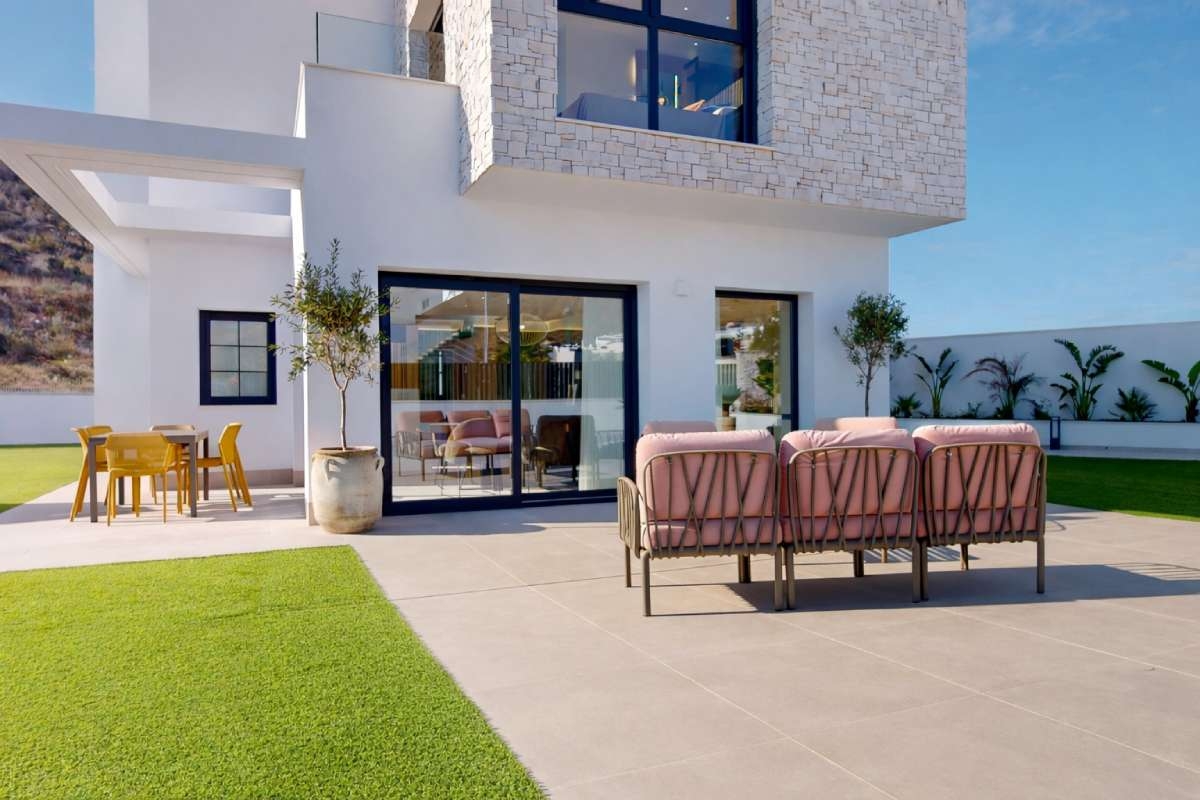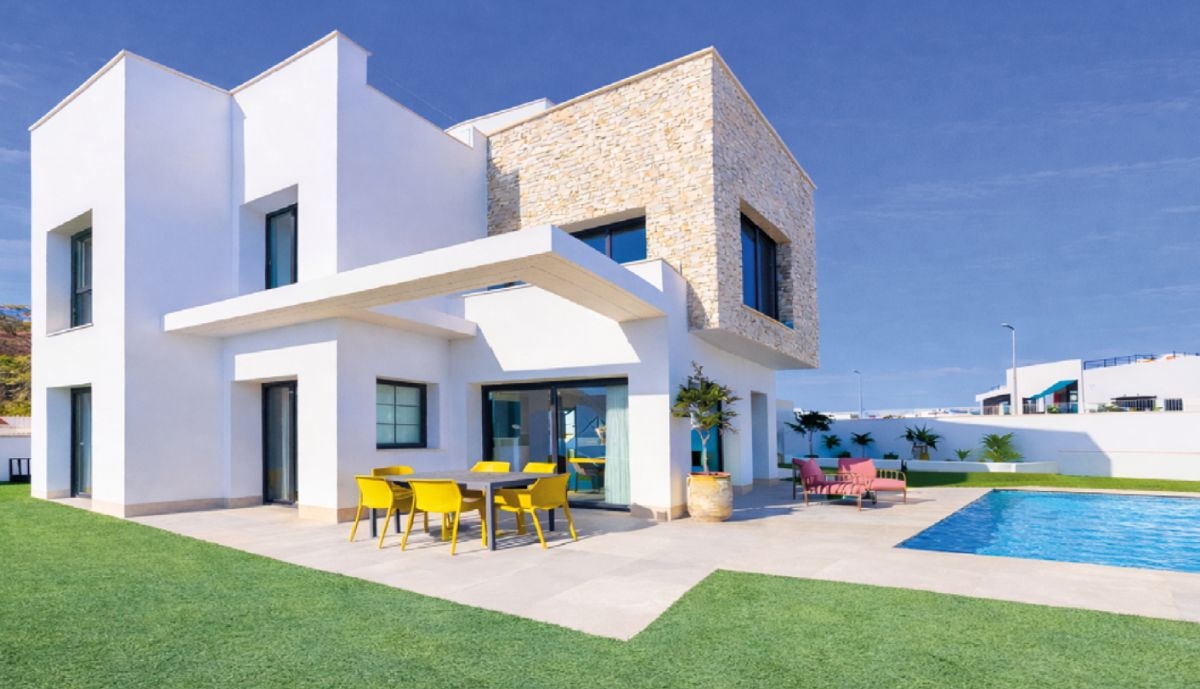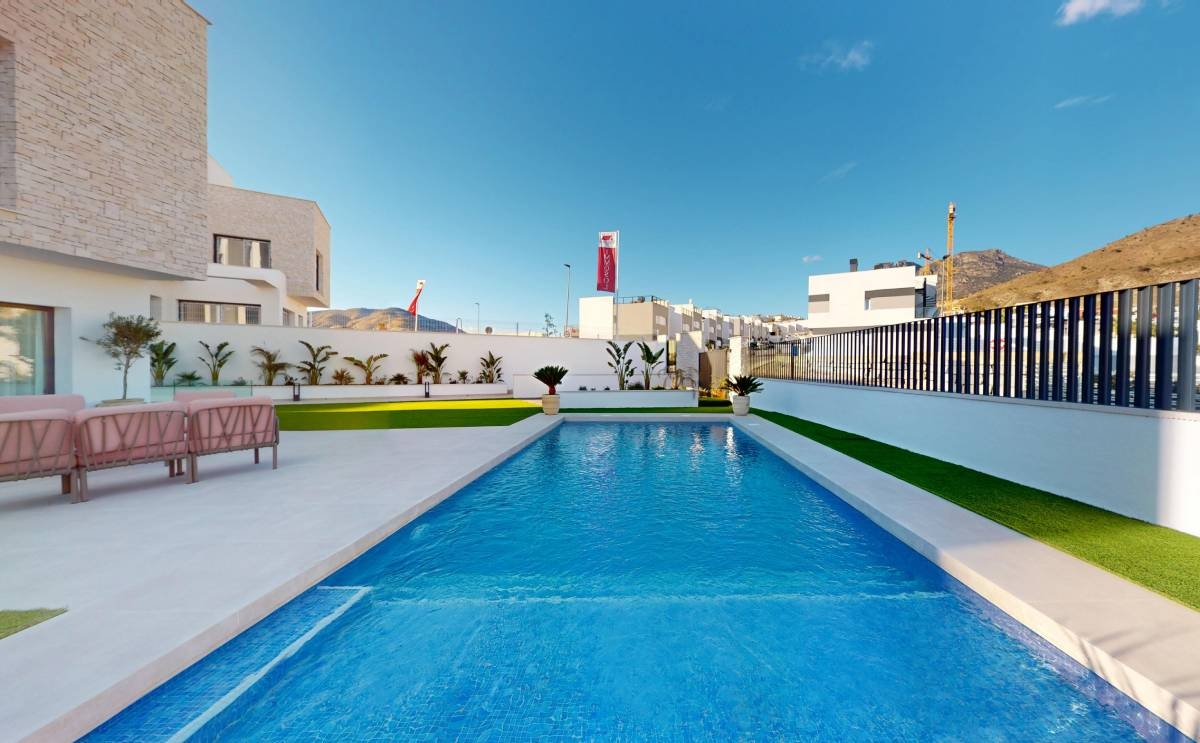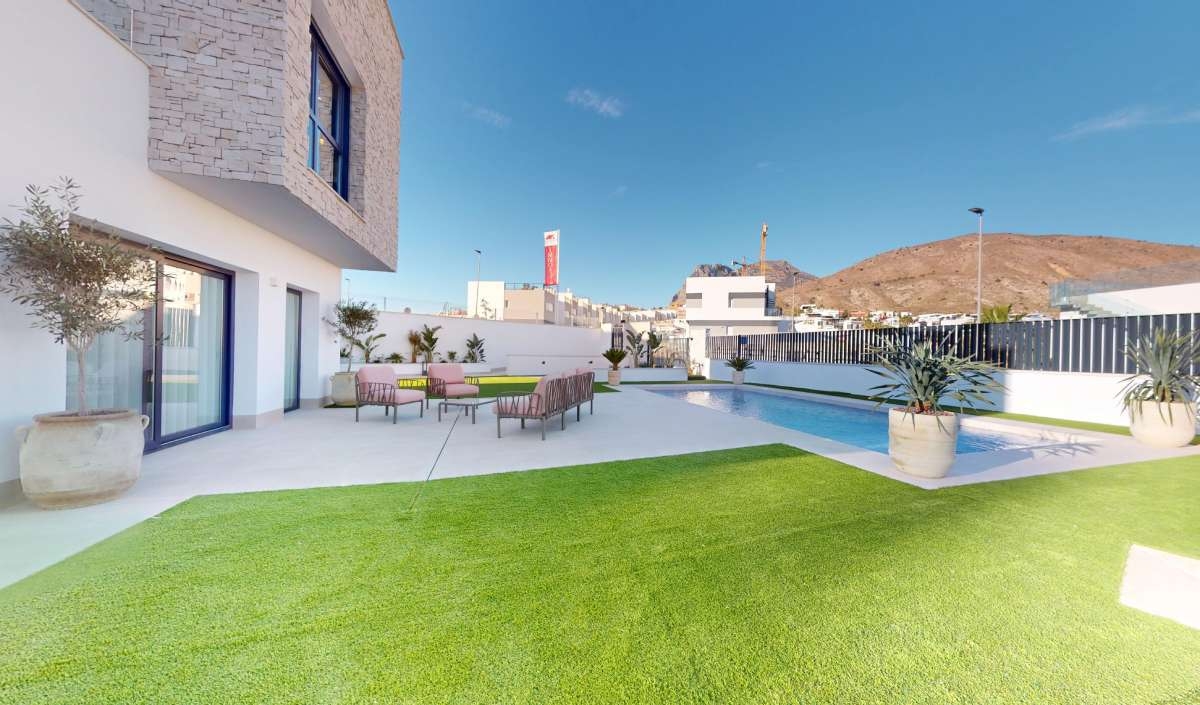The boom in tourism and the growing preference for more personalised experiences have boosted the popularity of holiday homes in Spain and in international destinations. This type of accommodation offers a flexible alternative to traditional hotels, as it combines the comfort of a home with the possibility of adapting to the needs of each traveller.
In this article we will explore what a holiday home is, the legal and practical requirements for its use, the different types available and the advantages for both travellers and those who choose to invest in this model.
What is a holiday home?
A holiday home is a property intended to be rented for short periods of timeusually to tourists or travellers. It is characterised by offering temporary accommodationl, furnished and equipped for immediate use.
Requirements for a holiday home
- Certificate of HabitabilityThe certificate certifies that the dwelling complies with the minimum standards of habitability.
- Basic equipmentThe property must be provided with essential items such as bed linen, towels, kitchen utensils, etc.
- Registration and documentationRegistration: it is necessary to register the property and present documents such as proof of ownership, IGIC registration, energy efficiency certificate, plans and civil liability insurance.
Types of holiday homes
- Locationmay be in urban, suburban, coastal, mountainous or rural areas.
- SizeThe range varies from flats to large villas or even castles.
- EquipmentThe services range from the basics, such as kitchen and bathroom, to advanced services such as internet and television.
- Services offeredSome include regular cleaning, linen change and breakfast services.
Advantages of holiday rentals
- Privacy and spaceThe hotels offer a more spacious and private environment compared to hotels.
- Cost savingsare often cheaper, especially for longer stays.
- FlexibilityShort-term rentals are possible, adapted to the needs of the traveller.
Investment in holiday rentals on the Costa Blanca
Buying a house of new construction on the Costa Blanca for rent is an unbeatable idea. This region is known for its pleasant climate, spectacular beaches and high tourist demandoffers an excellent investment opportunity. The combination of modern new constructions and the popularity of the Costa Blanca ensures a steady flow of touristswhich guarantees high profitability and long-term property valuation.
Holiday rentals are an attractive and flexible accommodation option, ideal for those seeking privacy and savings. However, it is important to consider both its benefits as well as its possible limitations before opt for this type of accommodation.


